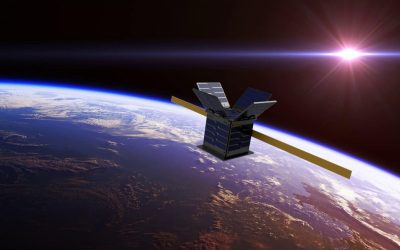REINVENTING THE SATELLITE SECTOR
FOSSA Systems, founded and run by the now 17-year-old space pioneer and entrepreneur Julian Fernandez, is a space tech startup focusing on the development of open-source picosatellites enabling experimental worldwide IoT connectivity and democratising space.
Now a member of our second cohort of the Space Endeavour Accelerator, we have had the pleasure to chat to Julian about how he is reinventing the satellite sector with his Rubik’s cube-sized picosatellites.

Who are FOSSA Systems?
FOSSA Systems’ goal is to facilitate access to space and reduce entry-barriers to space for companies and institutions worldwide. We are an extremely young team based in Spain, reinventing the satellite sector and building Rubik’s cube-sized picosatellites just like mobile phones.
What problem are you solving?
FOSSA is revolutionizing the market by solving a problem known my most of mankind, the complexity of space. Space is typically an expensive and complicated sector with immensely slow development and deployment times. It is a huge challenge for a new company to enter the sector without large amounts of investment, and space-based services or space missions are not considered due to cost.
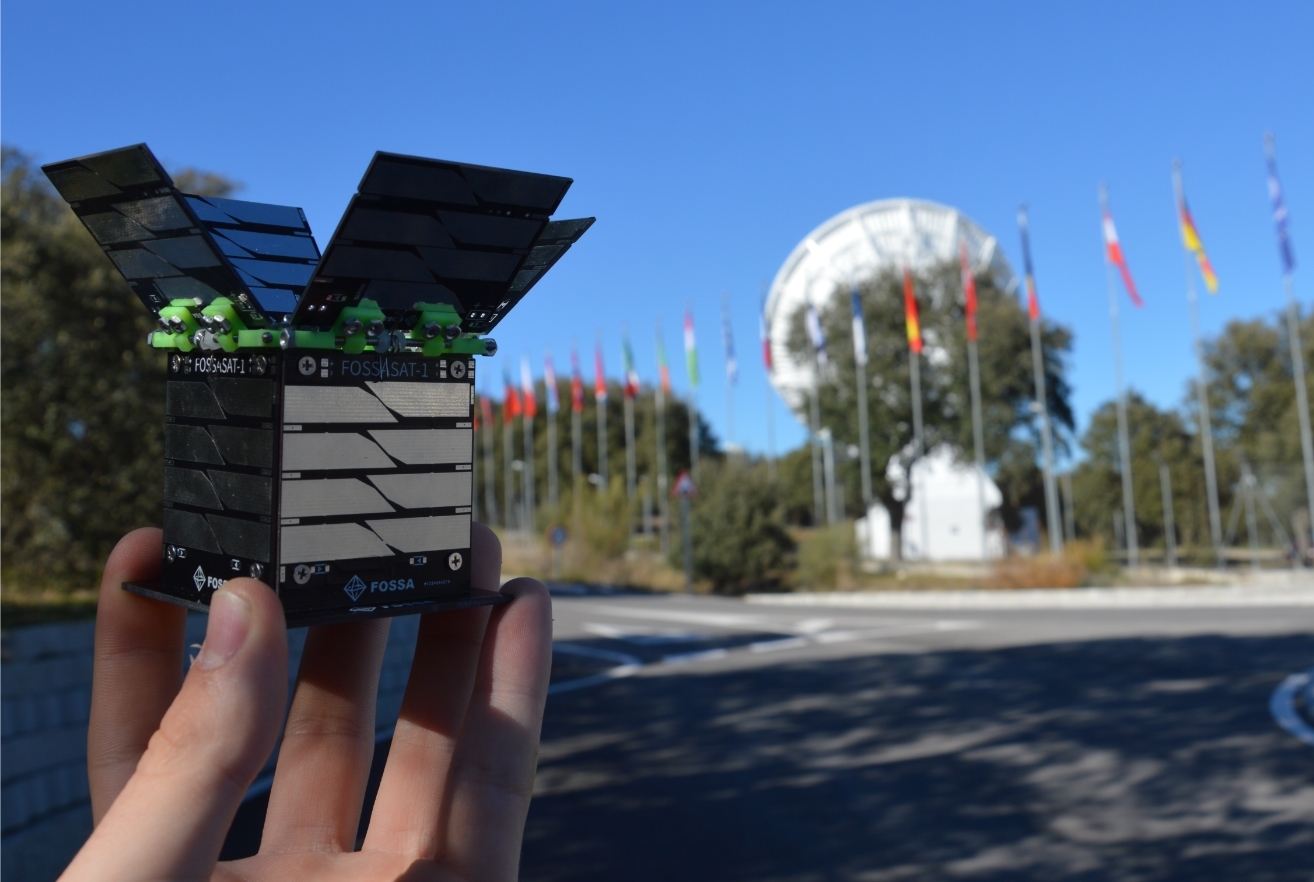
What are some of the biggest challenges you have faced in building FOSSA Systems?
We have been prestended with several challenges as a startup: We have a high level of technology maturity, but somehow, we have not taken the canonical steps for the creation of a company. Now we have to take a step back and focus on key aspects such as the go-to- market strategy or the market/customer segment that we really want to target in order to achieve our main goal, which is the scaling up of the company. The second big challenge is mainly related with the “dark side” of creating a business, that comprises all the legal aspects and bureaucracy, and does not allow us to keep the focus on the engineering side as much as we would like to. Last but not least, the engineering challenge of increasing performances while reducing the cost and volume of the platforms. Indeed, the result of this challenge is one of our value propositions: to provide reliable and high-performance satellites with the lowest cost possible.
Tell us about your past satellite and FossaSat-2 Evolved, what are their applications.
We are proud to have heritage as one of the only picosatellite manufacturers in the world; FOSSASAT-1 was launched last year, in early December into orbit, its main purpose was to demonstrate LoRa communications with picosatellites for IoT services. We are currently a month from flying the FOSSASAT-1B and FOSSASat-2 mission, these carry different payloads: a small EO camera, a GNSS receiver (as part of a project with ESA) and the IoT transceiver in order to keep demonstrating LoRa capabilities for IoT services.
FOSSASAT-2 Evolved was developed in response to the current market need for low-cost LEO constellations and performance-oriented integrated solutions. It offers cutting-edge performance results at a fraction of the cost of existing nano/picosatellite solutions. FOSSASAT-2 Evolved is designed to work with the most demanding customer & payload requirements, with a focus on efficient and reliable operations for commercial industry-grade services. Our vertical integration allows the customer to focus purely on the payload while FOSSA handles the platform, launch, licensing and early operations of the mission
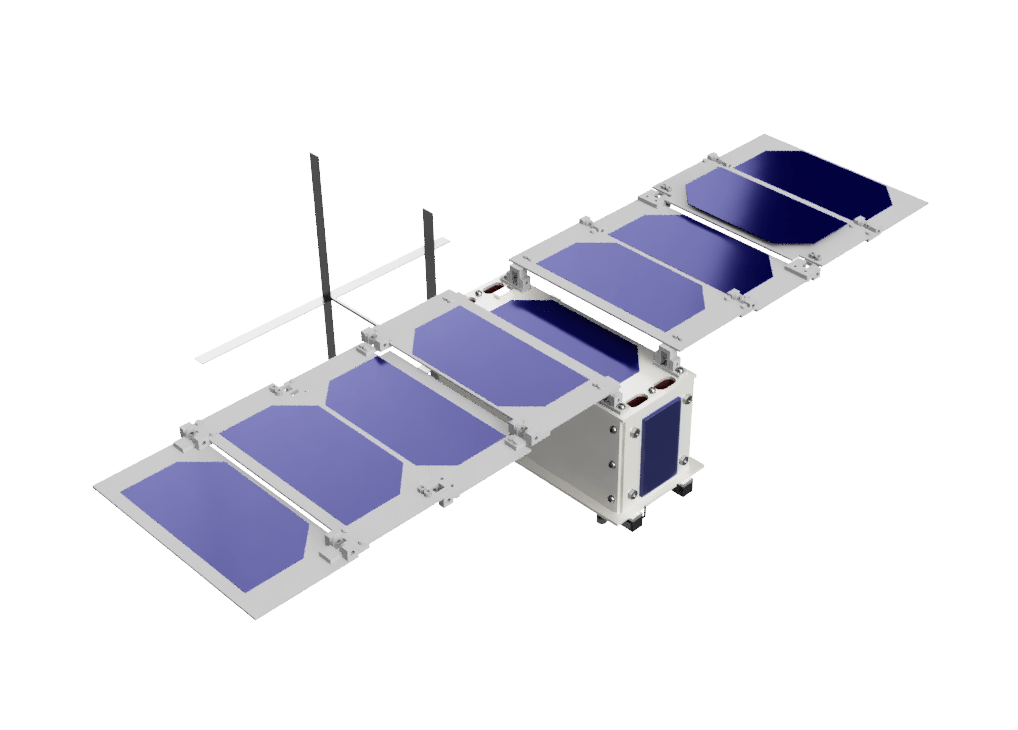
How do you see the space industry developing in the short and long term and what role is FOSSA Systems playing in this?
In the short term, the space industry seems like it is going through the mega-constellations phase of high broadband internet using smallsats. However, this does not mean that there are no viable businesses based on nanosatellites; Swarm, Planet or Spire are pretty good examples of the opportunities that nanosatellites bring to commercial services and applications. We see the shift of the old-space industry to a new pico/nanosatellite model quite clear, with the miniaturization of technology being an advancing factor. FOSSA Systems has the capacity, agility and flexibility to go hand in hand with technological development of this new market, and as a result, our goal is to be the main and most advanced platform provider for commercial picosatellite solutions worldwide.
We are excited to have you on our Space Endeavour Accelerator. What are you hoping to achieve during the programme?
FOSSA Systems is a company with very mature technology and two years of development and heritage. We have recently incorporated ourselves and are starting our business endeavour of scaling up and professionalising our activity. We hope the Space Endeavour Accelerator will guide us in establishing and consolidating ourselves as a business in preparation for a funding round.
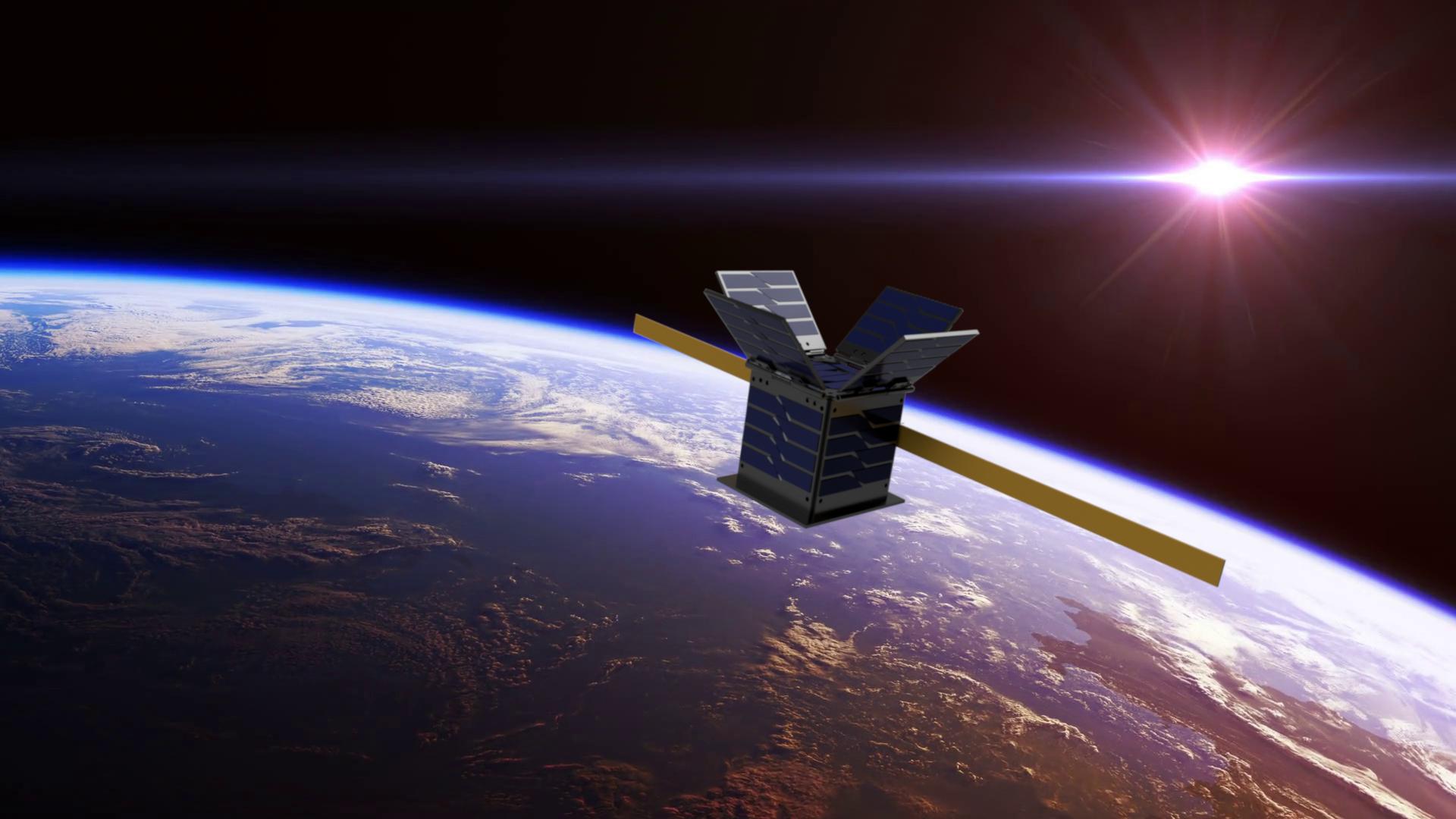
What is the one advice you have been given that you’d like to give to other startup founders?
It is important to have a clear and differentiating goal when creating a startup. There are lots of competitors in the New Space market at this stage, and lots of them have years of experience behind them. Clients expect fast turnaround solutions, and in this industry, you have to constantly run to keep up with the rest. In part, this is our philosophy at Fossa Systems which is quite distant to what we see in larger and older satellite hardware manufacturers.

